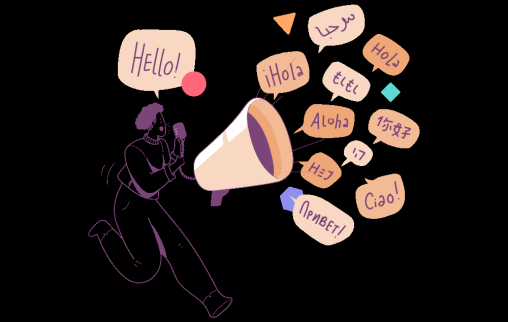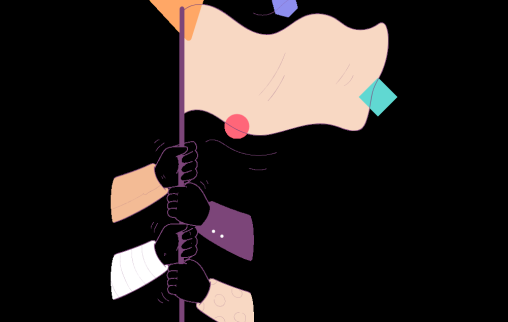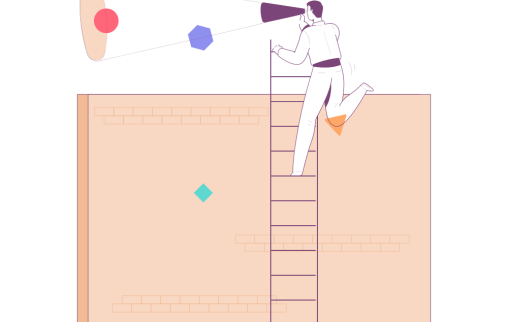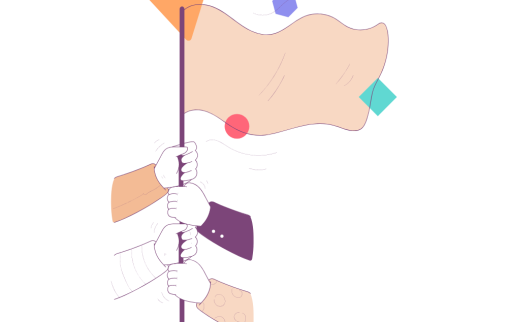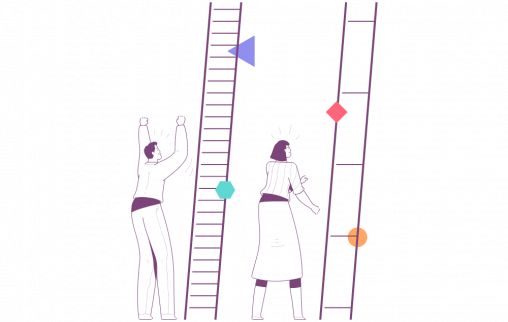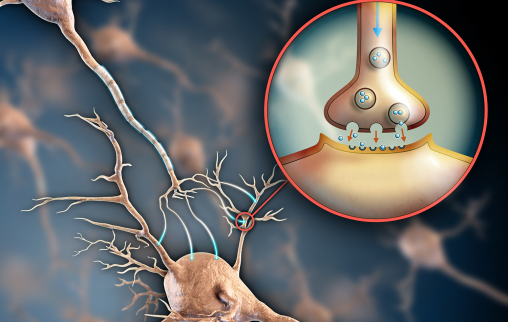Fairground machines and arcade halls
Arcade halls are open to everyone, including young people under 18. The new Remote Gaming Act (KOA) focuses on preventing interest in gambling and preventing the development of gambling problems among young people. The First Chamber considers measures for this target group especially important. This is because young people up to the age of 24 are more susceptible to the seductive effects of gambling games and gambling elements.
Arcade halls: skill or carnival machine?
An arcade hall is a physical location where various forms of gaming are offered. These halls are open to children as young as 12 years old. Arcade halls generally offer skill games. In a dexterity game, you, the player, influence the outcome of the game you play. For example, a car racing game, a pinball machine or the so-called Air Hockey. You play to win from your fellow player, to extend your game or for another chance in the form of a free game. Other rewards are not part of a game of skill.
Fairground machines increasingly common in arcades
A carnival machine can also be a combination of dexterity elements and gambling elements. No money is then paid out, but prizes in the form of vouchers or goods, for example. An example of this is a so-called coin slider or cuddle grabber. Coins and hugs can be exchanged into vouchers. These vouchers can be used to save up for larger prizes, such as a Playstation or a bicycle.
Because coin sliders and cuddle grabbers give quick results, the reward system is quickly stimulated. Games in which the time between bet and result is relatively short are known to have additional addiction potential.
There are also carnival machines that resemble a real game of chance (heavy carnival machines), such as a slot machine. These machines are similar to slot machines found in arcades in terms of addiction risk. These slot machines do not pay out money, but tickets or tokens that are redeemable for cash.
What does the law say about fairground slot machines?
The Gaming Act makes an exception for fairground slot machines. These machines do not require an operating license. As a result, fairground machines are present in arcade halls in addition to fairgrounds. Young people under 18 have access to this form of gaming at both locations. According to the gaming authority, it is not desirable to prohibit this. However, it does believe that harmful excesses should be prevented.
Possible risks
Fairground machines used to be located at vacation parks, or, as the name suggests, at the fairground. A fairground is temporary and moves on after a week. This provides protection against the emergence of risky gaming behavior. An arcade hall sits in a fixed location. Young people who visit arcades cannot yet adequately assess the risks and consequences of a game. The brain is still developing. This means that young people are especially sensitive to rewards, while the brain areas that exercise control have not yet matured sufficiently. This is also why young people under 18 are not yet allowed to gamble for money. The question is whether it is desirable to expose them to game forms with addictive gaming elements
Research on fairground machines and arcades
In addition to accessing fairground machines and gambling halls, young people also have easy access to online games and games that can be played with a game console. A publication by the Gambling Authority emphasizes that additional attention must be paid to these as well. Games and gambling are becoming increasingly intermingled. In its publication, the Games of Chance Authority responds to two studies conducted by CVO3 and Intraval4. The biggest risk according to the Gaming Authority is that young people will no longer see the difference between gaming and gambling. The following recommendations are mentioned as starting points to reduce the risk:
Separating the supply of gaming and gambling.
Limiting and regulating advertising opportunities
Restrictions based on age
Educating parents and schools


Experience article
Podcast: `There wasn't one solution that worked, so in the end that became the solution: it's better if I'm not there anymore.`
Lees verderDirect contact with a care provider?
Personal, free & anonymous




